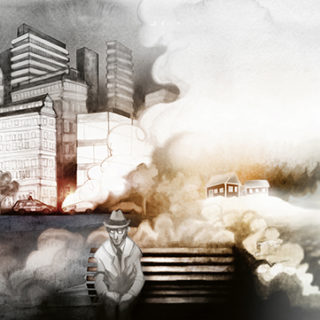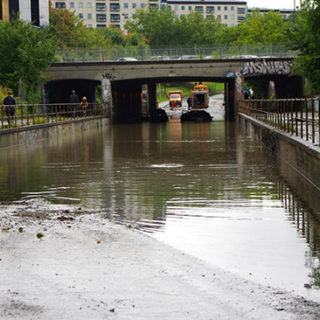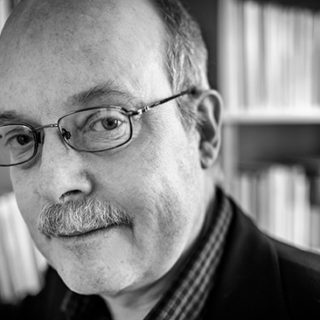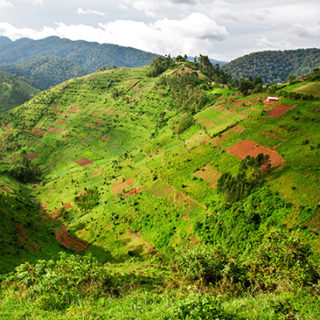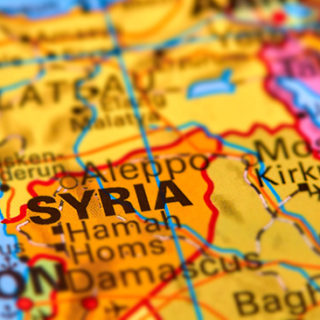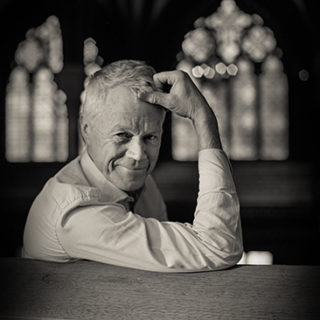Human rights under pressure
Human rights are today under pressure in new ways. What can we do in our part of the world where these rights may be taken for granted by many?
“There is really little doubt that human rights are today under pressure at a different level and from different aspects than was previously the case”, says Thomas Gammeltoft-Hansen, Research Director and Professor at the Raoul Wallenberg Institute of Human Rights and Humanitarian Law and coordinator of the The Lund Human Rights Research Hub. He continues:
“There have always been gaps between the norms of human rights on paper and how different countries implement them. But today we see that a number of the larger middle-income countries are challenging human rights norms in different ways. We also see certain forms of backtracking in a number of previously progressive countries where, for example, freedom of expression, academic freedom, freedom of the press and rule of law issues are being restricted.”
“We are in for some very heavy arm wrestling when it comes to protecting even the most core human rights principles.”
Moreover, Thomas Gammeltoft-Hansen argues that many countries that have traditionally defended human rights are starting to look at human rights more critically. Human rights are increasingly seen as something that mostly protects “the others”: foreigners, the unemployed, ethnic minorities, marginalised groups, etc. There is a sense of partial crisis, he says, where human rights are seen to perhaps obstruct other political agendas, and more populist and nationalist policies are emerging both in Europe and North America.
“We are in for some very heavy arm wrestling when it comes to protecting even the most core human rights principles, and if that is to be successful, we have to make sure that there is an understanding of the importance of human rights among today’s generation”.
The human rights project has advanced at a pace that few could imagine since the discussion started within the UN in the aftermath of the second world war. And in our part of the world, particularly here in Sweden, we may take human rights for granted. The danger of that, according Thomas Gammeltoft-Hansen, is that the political motivation in terms of explaining why these rights are important is lost along the way. You could say that the discussion is not really updated. This means that for the generation coming up now and entering the educational system and the labour market, the aftermath of the second world war is not the reference that it used to be.
“Thus, there is a particular challenge of each generation to explain the importance of human rights and what happens when you do not have them”.
This is one of the challenges that the Lund Human Rights Research Hub – a joint initiative between Lund University and the Raoul Wallenberg Institute – takes on, according to Thomas Gammeltoft-Hansen.
“As researchers, we need to critically engage our own field and rethink some of the core assumptions that may have had a clouding effect on our outlook. With the research hub, we are trying to bring researchers across different disciplines together so that we can take advantage of each other in this changing world. The research hub also makes us capable of reaching out to the general public, students, practitioners and policy makers, and to get them more involved in these issues”.
Text: Pia Romare
Facts
-
The Lund Human Rights Research Hub
-
In December 2016, Lund University and the Raoul Wallenberg Institute of Human Rights and Humanitarian Law launched a new human rights hub. The Lund Human Rights Research Hub is intended as a core driver in developing new research, education, and dissemination of human rights to meet the most pressing human rights challenges of today.
The research hub will enable human rights researchers to strengthen and rethink their work to address today’s major challenges. It will encourage researchers to critically inquire into what these changes in the political landscape mean for the field of human rights studies. It will push researchers to be innovative in terms of how they measure and analyse the world around them.
Read more on research hub’s website.
-
What rights are there?
-
Human rights encompass many aspects of a person’s life. Their purpose is to enable everyone to live a decent life. Read more on the Swedish governments website “Mänskliga rättigheter” (in English).


